We Spoke To BCA To Clear Common Property Misconceptions In Singapore: Here Are 9 You Need To Know
November 29, 2022
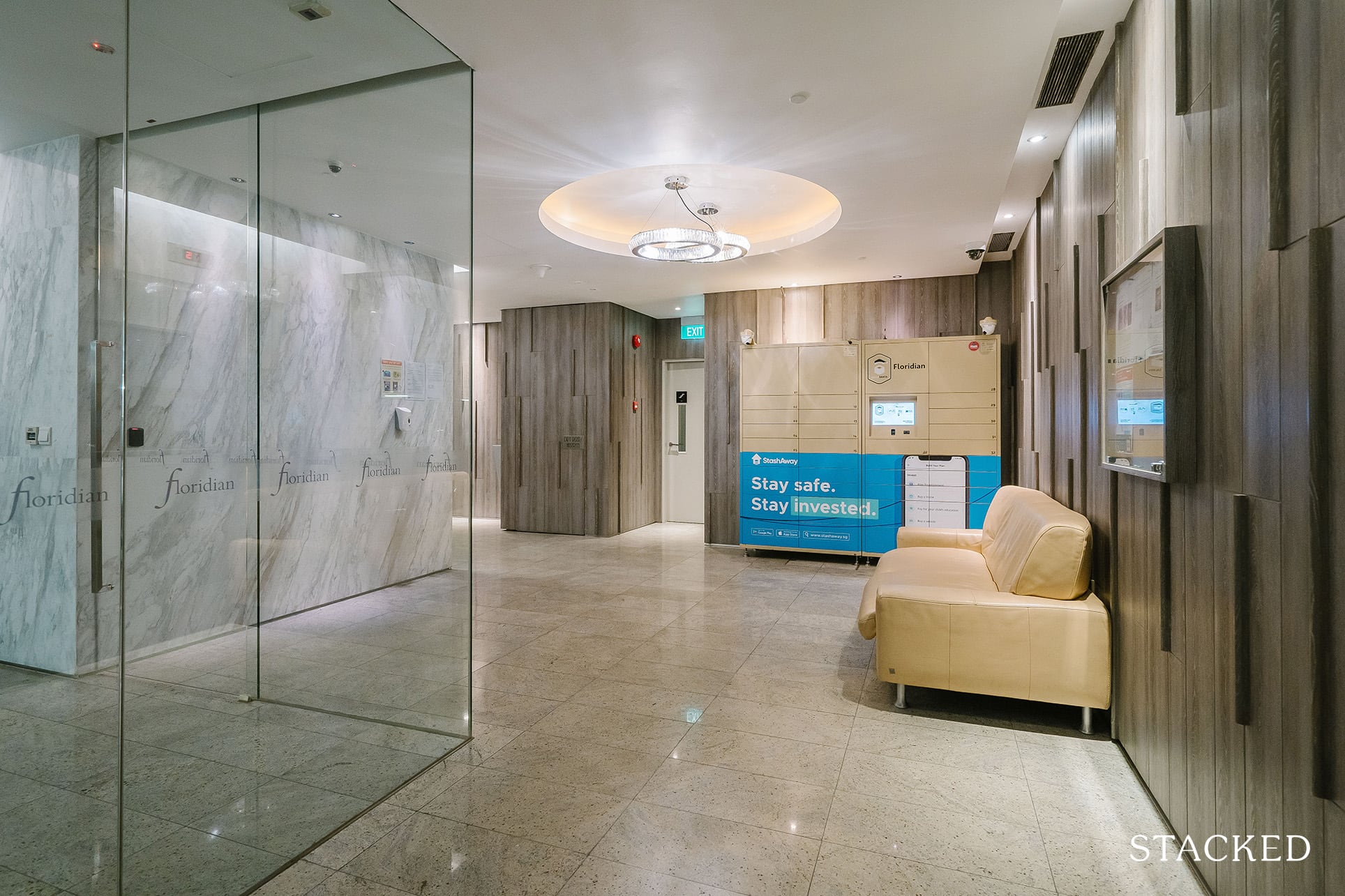
Singapore has a high-quality built environment, so most of us don’t’ ponder questions like “what if my condo runs out of money?” Or “will the government kick out an incompetent management council?” These are questions to which we often receive wrong answers. As such, we spoke to BCA to clear up some common misconceptions in the Singapore property market:
Table Of Contents
- Misconception #1: The first MCST of a condo is the best one, because they are picked by BCA; so condos that haven’t changed the original management are better
- Misconception #2: The expenditures of the MCST, along with increases or decreases in maintenance fees, are approved or reviewed by BCA
- Misconception #3: Prospective buyers can’t access financial statements about maintenance fees, sinking funds, etc. Only owners can see these numbers.
- Misconception #4: BCA can intervene to remove/replace a bad MC or management council, such as over mismanagement of funds
- Misconception #5: In the event that a condo actually goes bust (i.e., no money left for maintenance), BCA can take over the running of the condo.
- Misconception #6: BCA imposes higher fees or can even fine condos for environmentally unfriendly designs/practices
- Misconception #7: BCA can’t really regulate developers; even if they do the wrong thing, developers can use the “independent contractor” defence to blame contractors/sub-contractors
- NOT ENTIRELY a Misconception #8: BCA is responsible for the lifts in all buildings; that’s why the MCST won’t care about lift complaints until you threaten to write to BCA
- Misconception #9: When developers get BCA awards, they will raise the price of their project, so the awards actually make condos more expensive
Many readers write in because they're unsure what to do next, and don't know who to trust.
If this sounds familiar, we offer structured 1-to-1 consultations where we walk through your finances, goals, and market options objectively.
No obligation. Just clarity.
Learn more here.
Misconception #1: The first MCST of a condo is the best one, because they are picked by BCA; so condos that haven’t changed the original management are better
This is a misconception that may have grown out of another one: that the first MCST of a condo tends to be more professional. At some point, this may have been erroneously justified with claims that the first MCST is somehow picked by BCA, and is therefore “vetted”.
BCA has clarified that at the first Annual General Meeting (AGM), the Subsidiary Proprietors (SPs) will elect the members of the first management council*; and before the first AGM, it is the developer that performs the duties of the management council.
Subsequently, council members of the Management Corporation (MC) are elected at each AGM.
As an added note, the Building Maintenance and Strata Management Act (BMSMA) includes a voting process for the election of council. All unit owners have the right to elect a council at the first AGM.
*The management council is not the same as the Management Corporation (MC). The MC is made up of all unit owners/Subsidiary Proprietors (SPs). The council is just a body elected by the owners, to represent and make decisions on behalf of the MC.
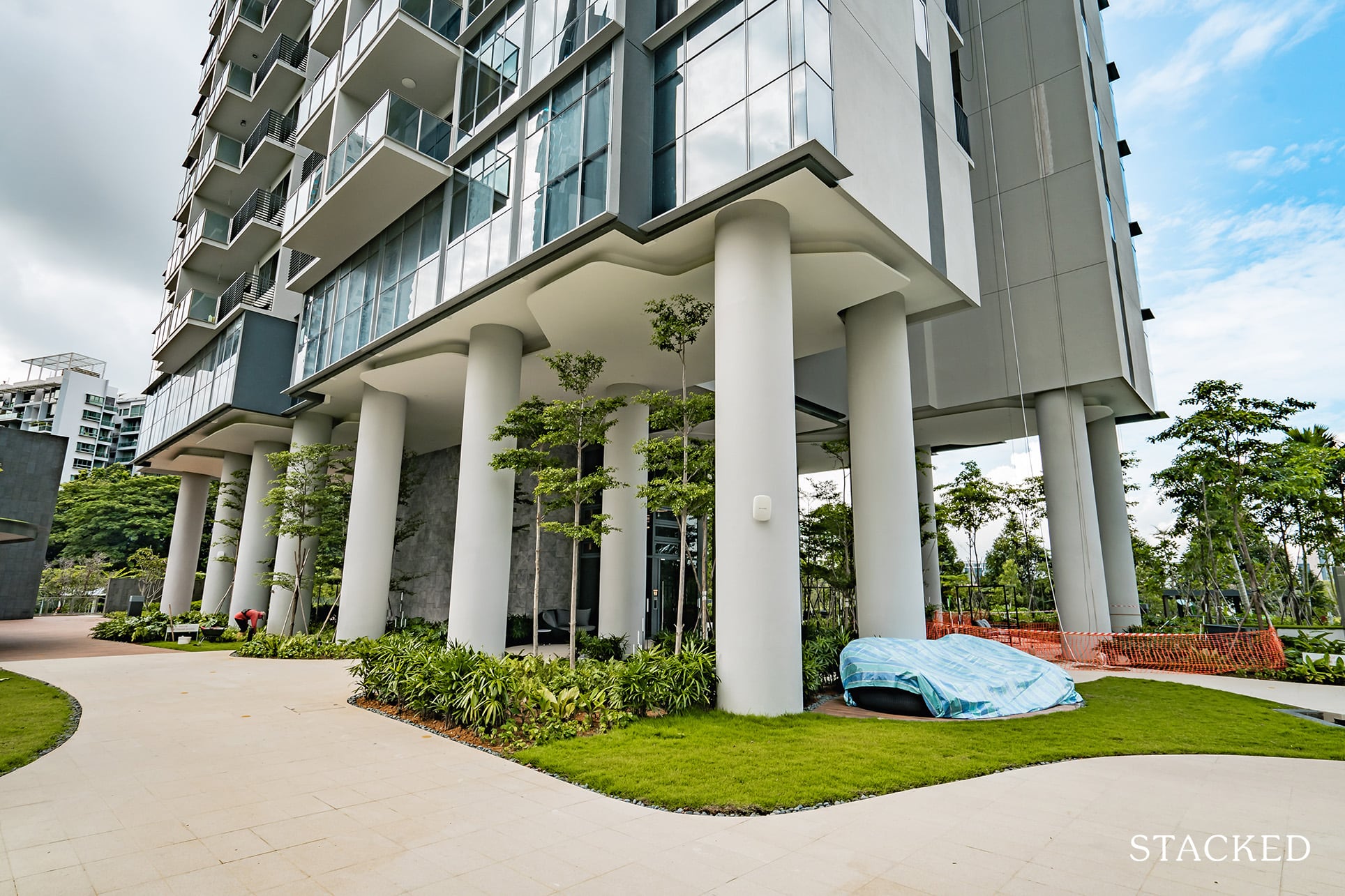
Misconception #2: The expenditures of the MCST, along with increases or decreases in maintenance fees, are approved or reviewed by BCA
BCA has clarified that they don’t approve or review the expenditures of MCs. The maintenance fees are in the hands of the SPs, so it’s down to owners to attend the meetings and vote.
We can’t assume that BCA, or some other government body, is going to jump in if your management decides to overspend on something crazy, or to allow facilities to go to seed to reduce maintenance fees.
Misconception #3: Prospective buyers can’t access financial statements about maintenance fees, sinking funds, etc. Only owners can see these numbers.
This was a point of confusion we also had, when one foreign reader explained that she couldn’t check the finances of the MC (and her realtor also said it was “unlikely” they could access it).
BCA has clarified that potential buyers can obtain the information, once authorised by the owners in writing (and upon payment of any relevant fees). This is stipulated under BMSMA Section 47.
So if you want to check that the condo is well maintained, you can ask the potential sellers to get you this information in writing. While most Singaporeans don’t do this (we tend to take for granted that MCSTs are all competent), it’s probably a practice we should start.
That said, from what we’ve seen on the ground, most MCSTs are not even aware of this. And in a hot market, seller’s aren’t going to bother with such requests when they have other buyers ready to snap it up.
Misconception #4: BCA can intervene to remove/replace a bad MC or management council, such as over mismanagement of funds
BCA says they are not empowered under the BMSMA to remove or replace council members. In cases of misconduct, it’s down to the MC to remove the bad council members by ordinary resolution at a general meeting; this can be done under Section 54(2)(b) of the BMSA.
So if you feel that anyone on the council is a problem, or want to keep an eye out, it’s best to attend the meetings and stay involved.
More from Stacked
Should You Buy A Resale Flat Or New Launch Condo First?
Even with HDB income ceilings raised ($14,000 per month for new flats and $16,000 per month for Executive Condominiums), there'll…
Misconception #5: In the event that a condo actually goes bust (i.e., no money left for maintenance), BCA can take over the running of the condo.
BCA has clarified that this is false. The MC is a private entity that can sue and be sued, and is self-governing; it’s responsible for raising sufficient contributions to pay for its liabilities. BCA is not empowered to run the estate under BMSMA.
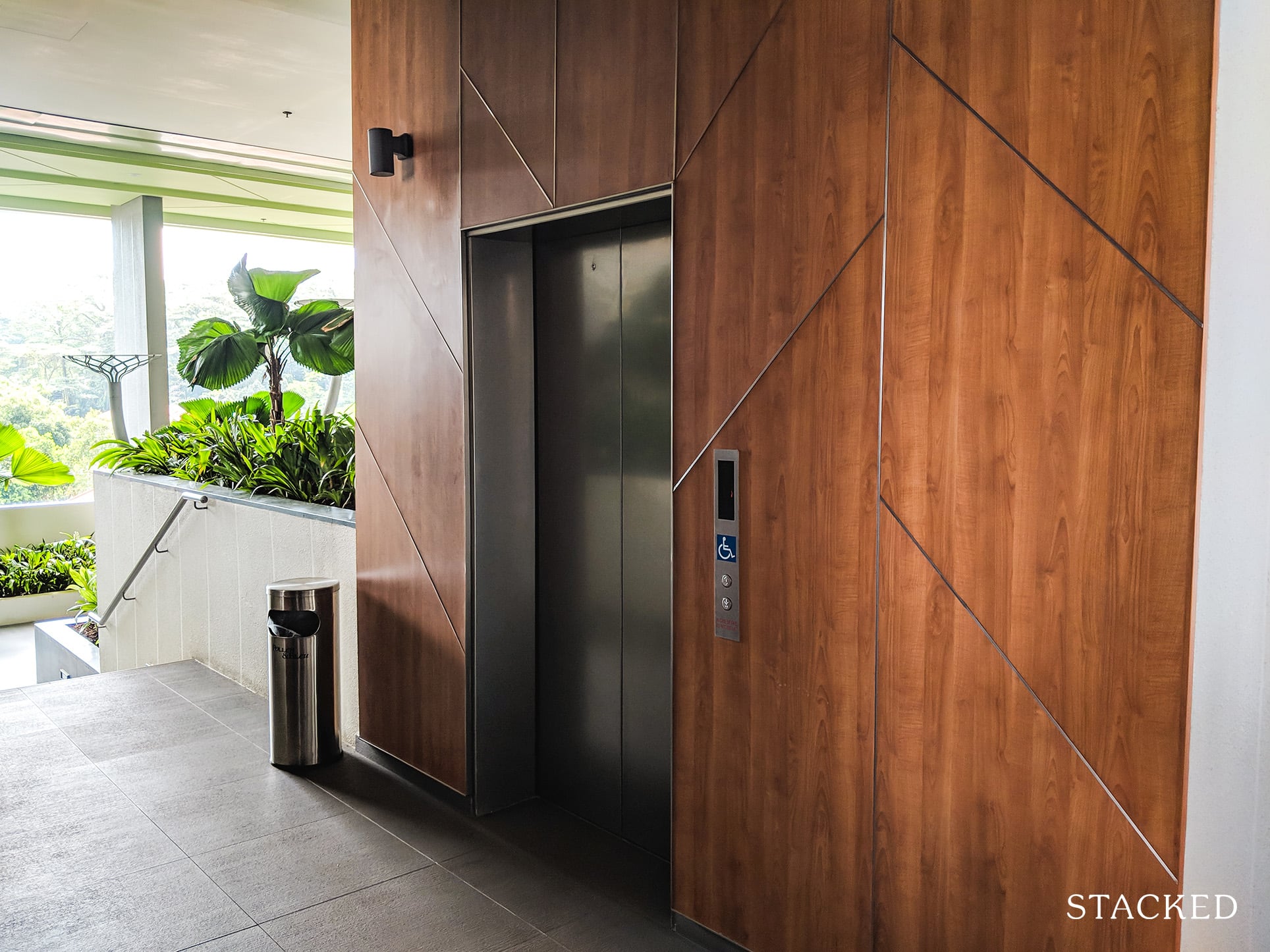
There are some other variations of this, which claim that other government bodies – ranging from URA to even SLA – will take over a condo that has gone bankrupt. None of these are true. It is entirely the MC (and by extension the owners’) problem if there’s no money to run the lifts, and the lights go out.
So far this hasn’t happened in Singapore, but we’re sure no one wants to be the first to experience it; so we should be getting much more involved in meetings.
Misconception #6: BCA imposes higher fees or can even fine condos for environmentally unfriendly designs/practices
This is false. BCA clarifies that all new buildings, and existing buildings undergoing major retrofitting that have a Gross Floor Area of 5,000 sqm. or above, need to meet minimum environmental sustainability standards.
(That includes details like using energy efficient systems, sustainable materials, etc. to benefit the environment).
As such, the building plan can’t even be approved unless the requirements are met.
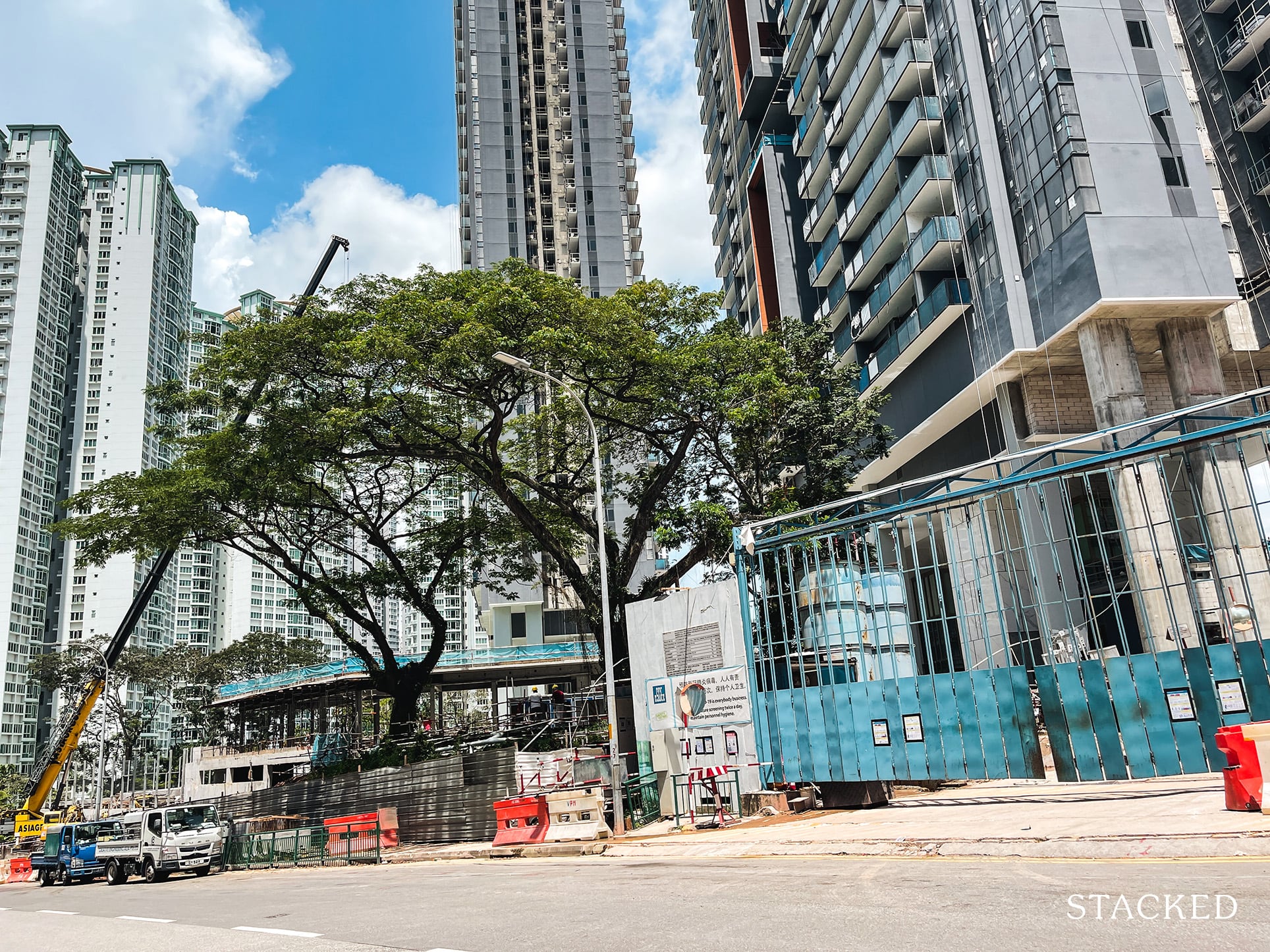
Also, some forms of certification, such as BCA Green Mark, are voluntary efforts on the part of developers. These are awarded to recognise issues like sustainability, without any compulsion.
Misconception #7: BCA can’t really regulate developers; even if they do the wrong thing, developers can use the “independent contractor” defence to blame contractors/sub-contractors
Besides the rules administered by the Housing Developers (Control and Licensing) Act under URA, developers are charged with responsibly appointing Qualified Persons, Builders. Accredited Checkers, etc. under the Building Control Act by BCA.
A developer’s track record will reveal if there are problems in their work, so there’s a heavy onus on the developer to pick the best possible project team (and, of course, one that meets all the requirements above before they even start).
Regarding quality, BCA does have initiatives that push for high standards. The CONQUAS scheme, for instance (we’ve mentioned this in an earlier article).
NOT ENTIRELY a Misconception #8: BCA is responsible for the lifts in all buildings; that’s why the MCST won’t care about lift complaints until you threaten to write to BCA
To be precise, under the Building Maintenance and Strata Management (Lift, Escalator and Building Maintenance) Regulations 2016, the MCs are responsible for ensuring that lifts are kept in good working conditions at all times.
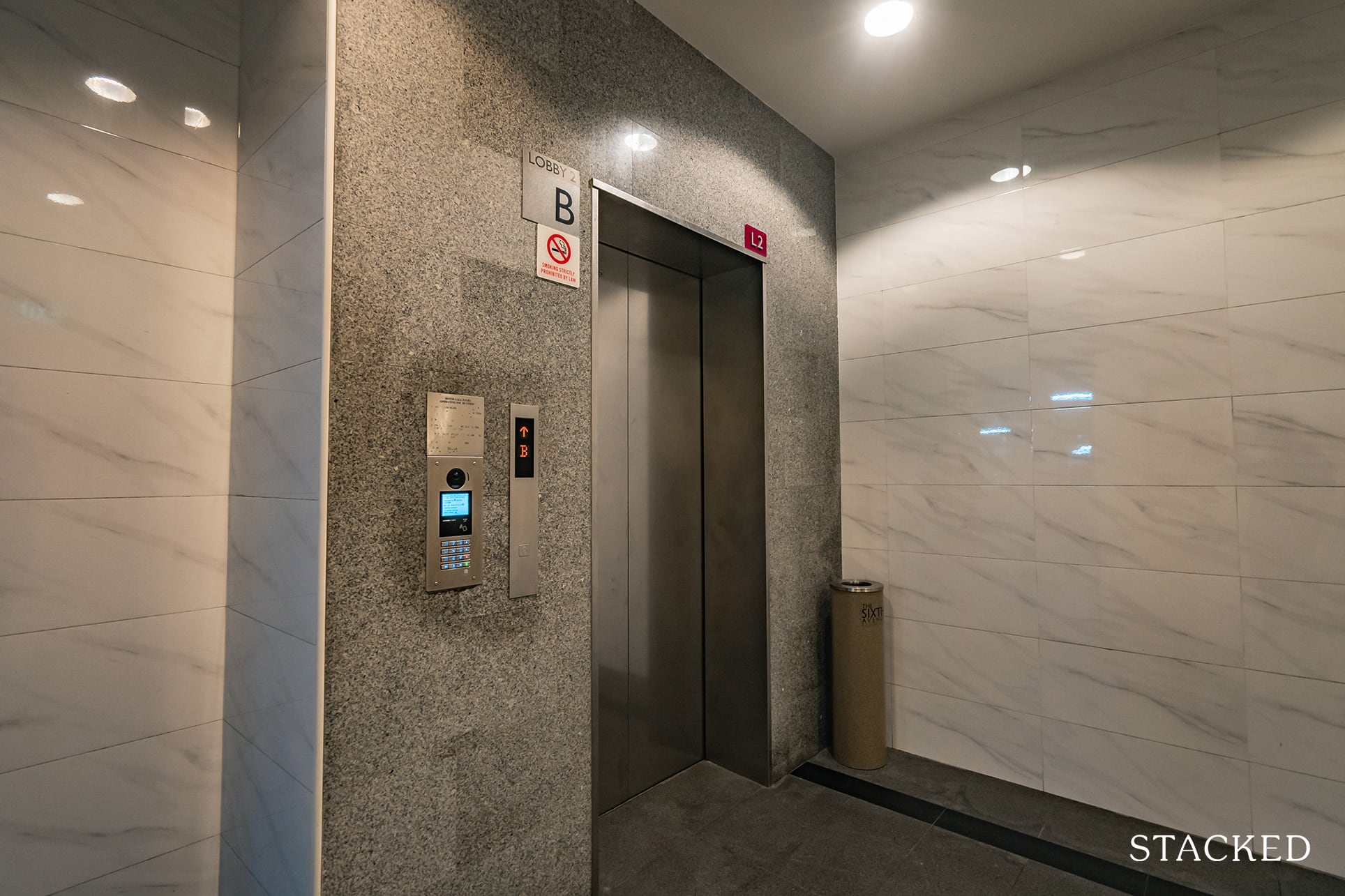
But that being said, lift contractors and owners do have a responsibility to report any lift incidents to BCA, which have an impact on public safety*.
As an aside, BCA also suggests MCs budget early for modernisation or replacement of lifts, rather than collecting special levies only when the lift has become aged and unreliable.
*Any lift owner or service contractor found guilty of an offence under the Building Maintenance and Strata Management (Lift, Escalator and Building Maintenance) Regulations 2016 shall, for each offence, be liable to a fine not exceeding $20,000 or to imprisonment for a term not exceeding 12 months, or to both, on conviction.
Misconception #9: When developers get BCA awards, they will raise the price of their project, so the awards actually make condos more expensive
There’s no real way to disprove this, for those who really want to believe it. There are many things that go into determining the final price of a property; and not all developers use the same approach.
One of the realtors we spoke to, who focuses on new launch transactions, says that:
“BCA awards are sometimes highlighted to support the value, but only as one of many other positive features. It’s probably not the case where developers get the award, and then decide to sell it higher based on that rationale alone.”
BCA also says its aims are to encourage developers to champion certain factors, such as sustainability, quality, and universal design.
For more on Singapore’s property market and its inner workings, follow us on Stacked. We’ll try to dig up the key details so you can make a more informed home-buying decision, and we’ll provide you with in-depth reviews of new and resale properties alike.
At Stacked, we like to look beyond the headlines and surface-level numbers, and focus on how things play out in the real world.
If you’d like to discuss how this applies to your own circumstances, you can reach out for a one-to-one consultation here.
And if you simply have a question or want to share a thought, feel free to write to us at stories@stackedhomes.com — we read every message.
Frequently asked questions
Who elects the management council in a Singapore condo during the first AGM?
Does BCA review or approve the expenses and maintenance fees of a condo's management?
Can prospective condo buyers access the financial statements like sinking funds and maintenance fees?
Can BCA remove or replace a management council that is mismanaging a condo?
What happens if a condo runs out of money for maintenance?
Does BCA impose fines or higher fees on condos for environmentally unfriendly practices?
Ryan J. Ong
A seasoned content strategist with over 17 years in the real estate and financial journalism sectors, Ryan has built a reputation for transforming complex industry jargon into accessible knowledge. With a track record of writing and editing for leading financial platforms and publications, Ryan's expertise has been recognised across various media outlets. His role as a former content editor for 99.co and a co-host for CNA 938's Open House programme underscores his commitment to providing valuable insights into the property market.Need help with a property decision?
Speak to our team →Read next from Property Market Commentary

Property Market Commentary How I’d Invest $12 Million On Property If I Won The 2026 Toto Hongbao Draw

Property Market Commentary We Review 7 Of The June 2026 BTO Launch Sites – Which Is The Best Option For You?

Property Market Commentary Why Some Old HDB Flats Hold Value Longer Than Others

Property Market Commentary We Analysed HDB Price Growth — Here’s When Lease Decay Actually Hits (By Estate)
Latest Posts

Singapore Property News Why Some Singaporean Parents Are Considering Selling Their Flats — For Their Children’s Sake

Pro River Modern Starts From $1.548M For A Two-Bedder — How Its Pricing Compares In River Valley

New Launch Condo Reviews River Modern Condo Review: A River-facing New Launch with Direct Access to Great World MRT Station




































2 Comments
I was properly agent before. I was marketing a project and had my banner hung on the fence. Then I received a letter to remove it and was fine $600. Can BCA do that?